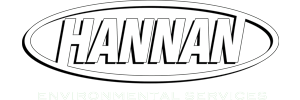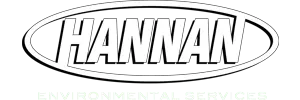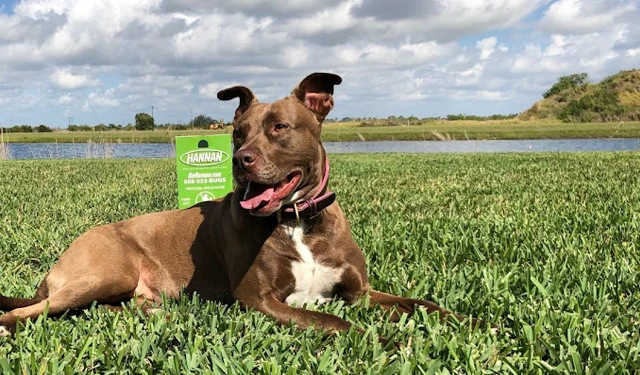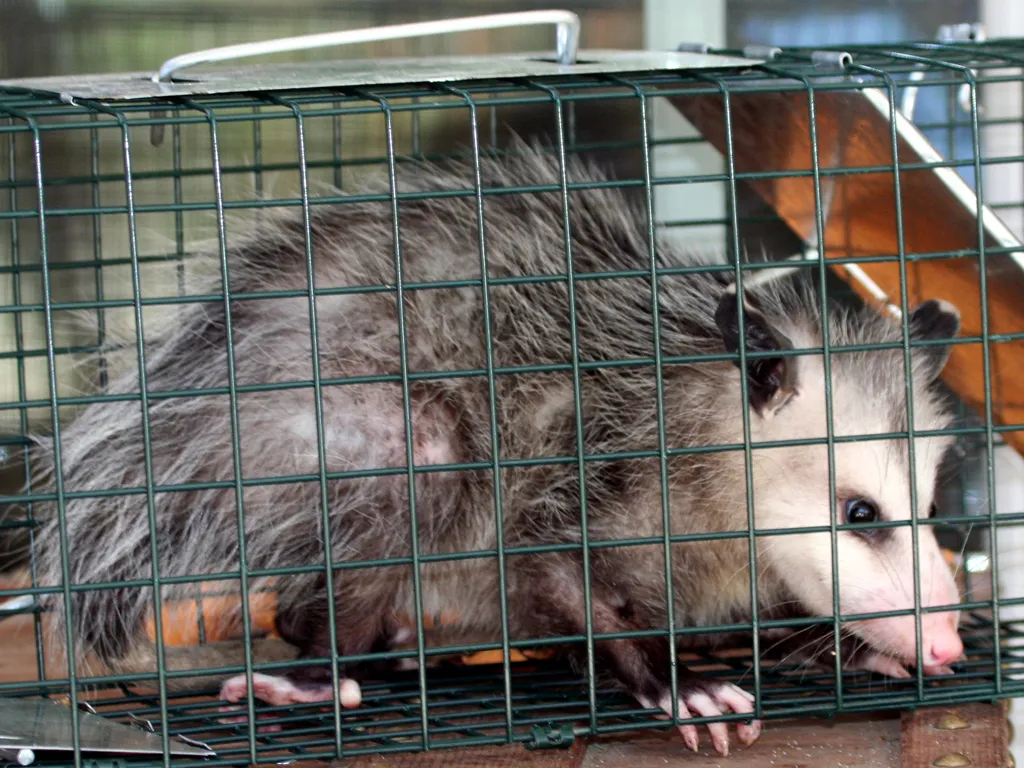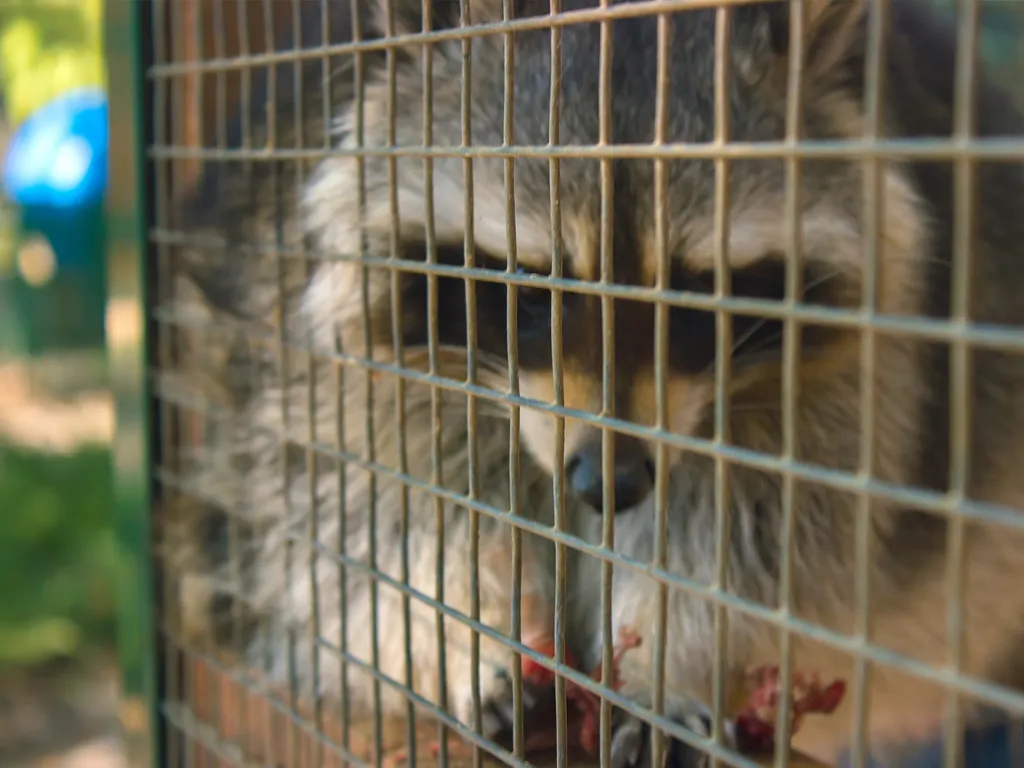Nuisance Wildlife Management
Get a free estimate

Hannan Nuisance Wildlife Management
Nuisance Wildlife Management is when people take care of wild animals that might cause problems in places where people live. This happens in areas where animals could hurt people, damage things like houses or gardens, or upset the natural balance.
When wild animals come close to where people live, it can be dangerous for both the animals and the people. So, it’s really important to deal with these situations carefully to keep everyone safe.
In South Florida, there are lots of different animals that can cause problems, like raccoons, squirrels, skunks, bats, birds, coyotes, and deer. These animals might be looking for food or a place to live, which can cause problems for people.
In South Florida, a variety of wild animals can become nuisances when they make their way into suburban areas. Some common examples of nuisance wildlife in South Florida include:
- Raccoons: Raccoons are highly adaptable and opportunistic animals known for scavenging through garbage cans and raiding pet food left outdoors. They may also seek shelter in attics or crawl spaces, causing damage and creating potential health hazards due to their droppings.
- Squirrels: Tree-dwelling squirrels can become nuisances when they enter homes through small openings in attics or walls. Once inside, they may chew on wires, insulation, and other building materials, posing fire hazards and structural damage risks.
- Skunks: Skunks are notorious for their foul-smelling spray, which they use as a defense mechanism when threatened. In urban areas, skunks may dig up lawns and gardens in search of insects and grubs, causing damage to landscaping.
- Bats: While bats play important roles in ecosystems as pollinators and insect predators, they can become nuisances when they roost in attics, eaves, or other structures. Bat droppings (guano) can accumulate over time, leading to odor issues and potential health risks associated with histoplasmosis.
- Birds: Several bird species, such as pigeons, sparrows, and starlings, can become nuisances in urban environments. Birds may roost on buildings, bridges, and signs, causing unsightly messes with their droppings and potentially transmitting diseases to humans.
- Possums: Possums are opportunistic feeders and may venture into residential neighborhoods in search of food. They are known to rummage through trash cans, compost piles, and pet food left outdoors, creating messes and attracting other pests.
These are just a few examples of the types of wildlife that can become nuisances in South Florida. Effective wildlife management strategies, such as prevention, exclusion, and humane relocation, are often necessary to mitigate conflicts and ensure the safety and well-being of both humans and wildlife.
Importance of Wildlife Control:
Wildlife control is crucial to address various issues caused by the interaction between humans and wild animals. Some reasons why wildlife control is necessary include:
Safety Concerns: Wild animals can pose risks to humans by causing property damage, spreading diseases, or displaying aggressive behavior.
Preserving Biodiversity: Responsible wildlife control helps protect native species and prevents invasive species from disrupting ecosystems.
Protecting Property: Wild animals can damage homes, gardens, and infrastructure, leading to financial losses.
Professional Wildlife Services: Hiring licensed and experienced wildlife control professionals is essential.
Effectively managing wildlife control and removal requires a combination of professional expertise, humane practices, and public awareness.
Nuisance wildlife management should prioritize long-term solutions that mitigate conflicts rather than just temporarily addressing the symptoms. Consulting with Hannan Environmental Services who are experienced in wildlife management is advisable to ensure effective and ethical practices.
Call or click here to contact Hannan Environmental Services for a FREE no-obligation quote today! You can also find Hannan and learn more about us on Facebook.
